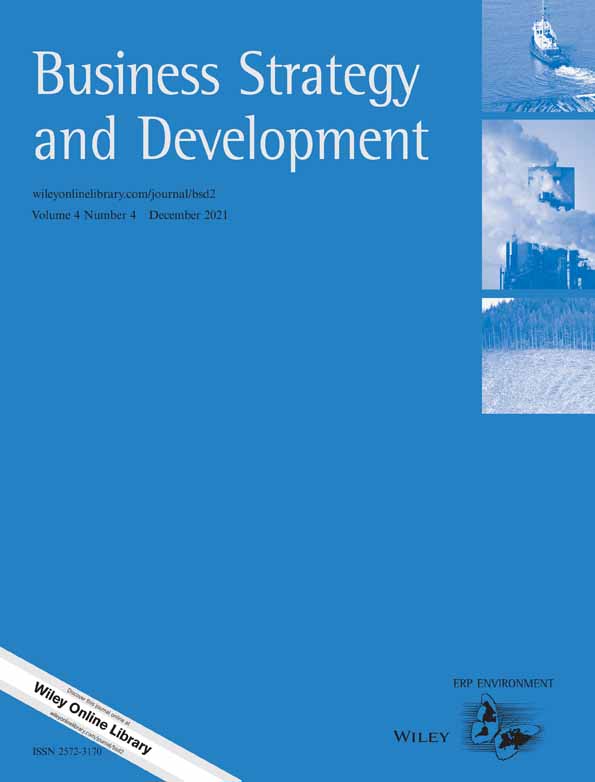Complex (multi-species) agroecosystems change rapidly as a result of farmers' decisions based on their perception of opportunities and constraints. Overall, the major trend is still one of reducing complexity. This review addresses the driving forces as well as consequences of this change and discusses the hypothesis that complex agricultural systems are more dependable in production and more sustainable in terms of resource conservation than simple ones. Farmer decisions regarding planned diversity on the farm have consequences not only for the harvested produce, but also for associated diversity and non-harvested components which may contribute to ecological sustainability. Functional attributes of plants which can lead to complementarity in resource capture include root architecture and phenology. Three hypotheses on biodiversity and ecosystem function are formulated (ranging from weak negative to strong positive interactions) and discussed. Evidence is not yet conclusive
DOI:
https://doi.org/10.1016/S0167-8809(97)00150-3
Altmetric score:
Dimensions Citation Count:
00150-3&apiKey=3948bb216041dbffcb29a618defafc29&httpAccept=image%2Fjpeg)























